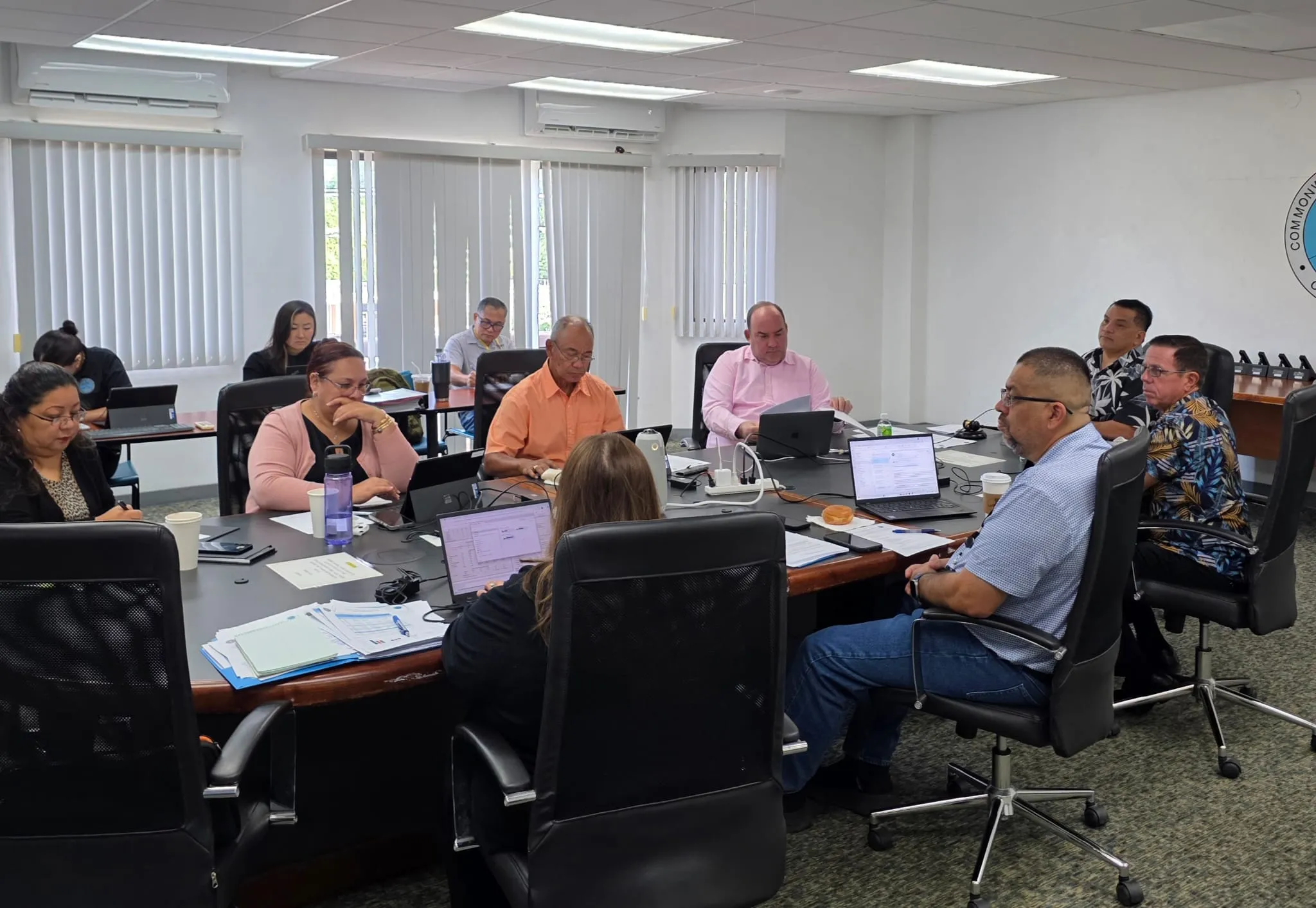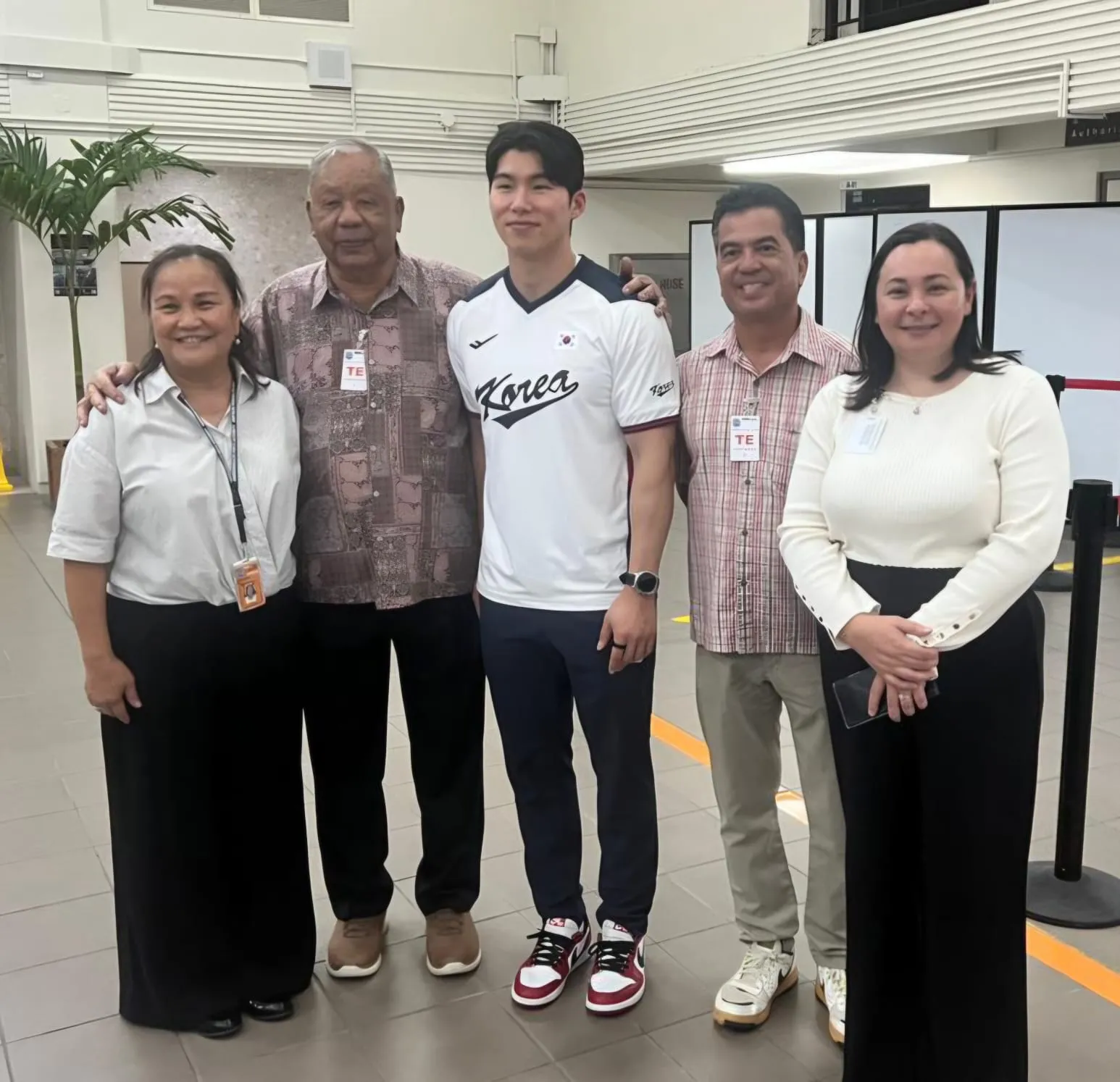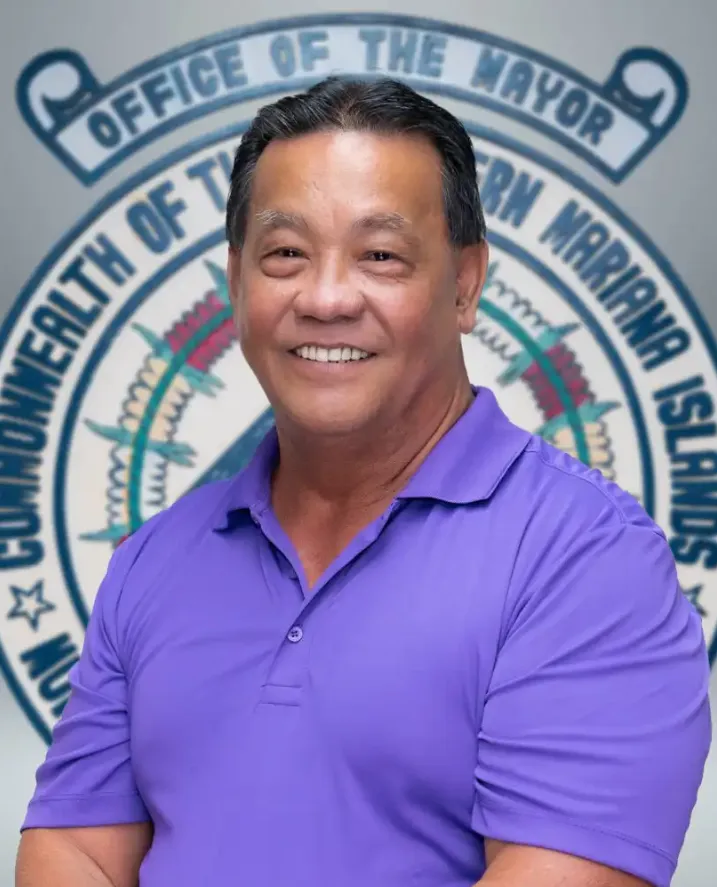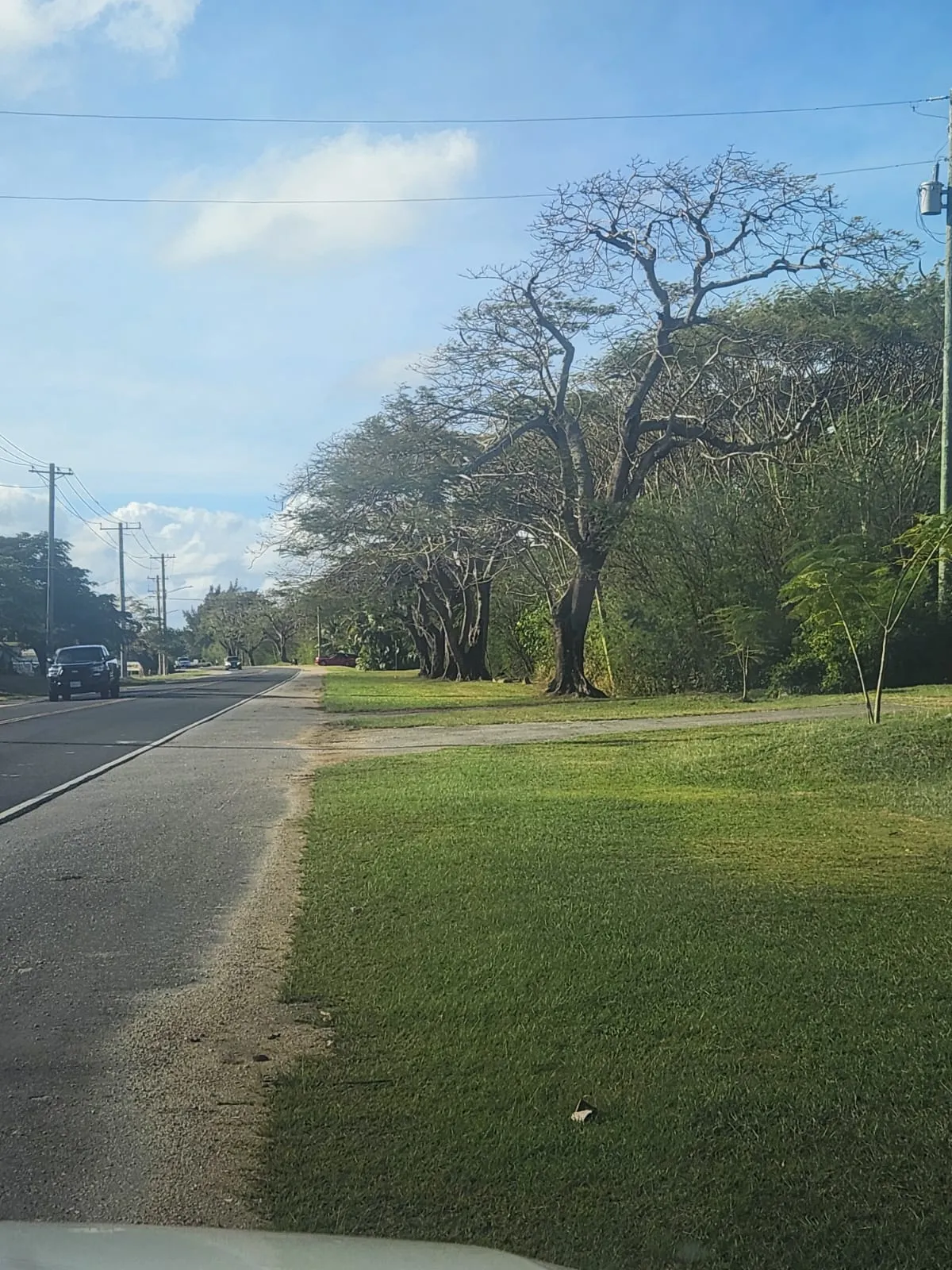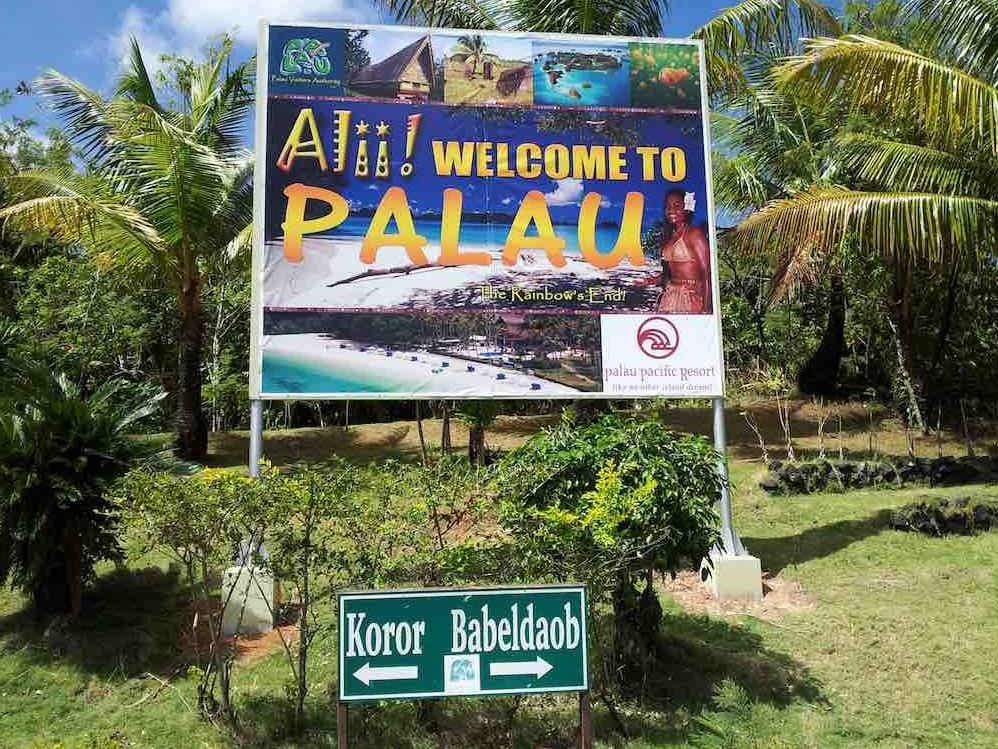
KOROR (Island Times/Pacnews) — Palau President Surangel Whipps Jr. has introduced a draft agreement with the United States that would allow Palau, at its discretion, to accept third-country nationals currently in the U.S. who are seeking protection but cannot be sent back to their home countries.
The proposed arrangement, titled the Asylum Support Agreement, gives Palau the right to decide whether or not to receive each person referred by the U.S.
The agreement specifically excludes unaccompanied minors and can be ended by either country at any time, depending on available resources.
According to the proposal, Palau would be required to hold asylum seekers in its care while their protection claims are processed and could not return them to their home countries during that period.
This plan is part of a broader trend in U.S. asylum policy, where the U.S. looks to shift responsibility for asylum seekers to third countries. Similar deals have been made with nations such as Guatemala and Honduras, and in the Pacific, Australia previously partnered with Nauru and Papua New Guinea under comparable arrangements. These past efforts have faced criticism over human rights concerns and strains on host country resources.
Palau, which is not a party to the 1951 Refugee Convention or its protocol, would need to rely on its own laws and constitution to manage such cases.
While the agreement promises U.S. support, many details remain unclear. Palau lawmakers, civil society groups, and local communities are now raising critical questions:
• Does Palau have the capacity?
Palau has no existing infrastructure or systems to process asylum claims or house people long-term. It’s uncertain whether promised U.S. aid will be enough — or sustained over time.
• What legal protections are in place?
With no formal refugee law, Palau must ensure that basic rights, due process, and protections from forced return (refoulement) are upheld. Clear procedures and independent oversight will be essential.
• How will communities be affected?
With a small population and close-knit society, concerns are emerging about how the arrival of refugees might affect social cohesion, public services, or create competition for limited resources.
• Is Palau’s sovereignty at risk?
Though the agreement says Palau retains full discretion, there are fears the U.S. could pressure Palau to accept individuals or expand the program, potentially undermining Palau’s autonomy in the long run.
• What happens if it doesn’t work?
While the agreement can be terminated, questions remain about how quickly Palau could respond if challenges arise. Will there be regular reviews? What happens to asylum seekers already present?
President Whipps has yet to give a full public explanation of how the program would work or how local concerns would be addressed. Community consultation, legal review, and legislative oversight are expected before any decision is made.
The proposal comes at a time when the U.S. is tightening asylum rules domestically, including faster deportations and higher fees. Some analysts see the agreement as a way for the U.S. to sidestep its own refugee responsibilities.
In the coming weeks, Palau’s leaders must weigh the potential benefits — such as stronger ties with the U.S. and possible financial support — against the real risks of social disruption, legal challenges, and long-term dependence.
As the government considers this sensitive proposal, many are asking: Does Palau have the capacity to uphold its values, protect human rights, and maintain its sovereignty while entering into such an agreement? Without clear answers, the country faces a decision that could reshape its legal, social, and diplomatic landscape.


